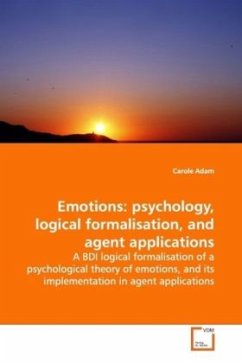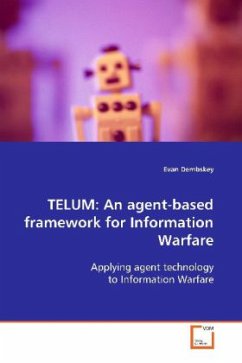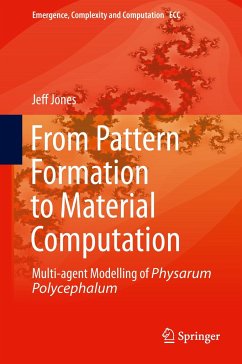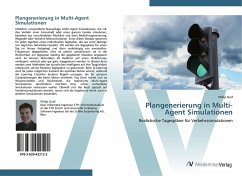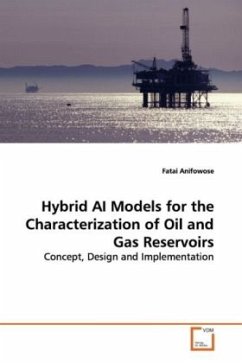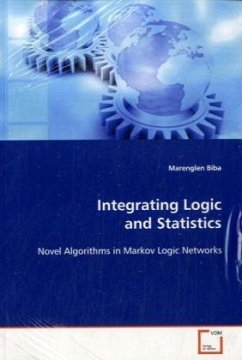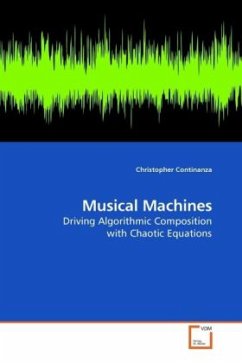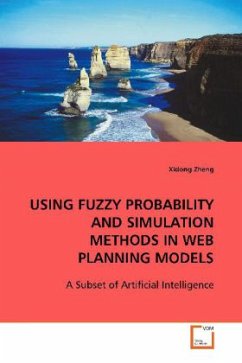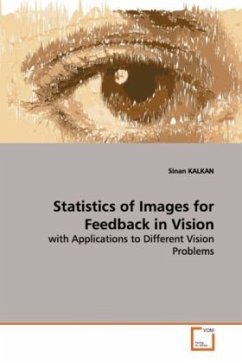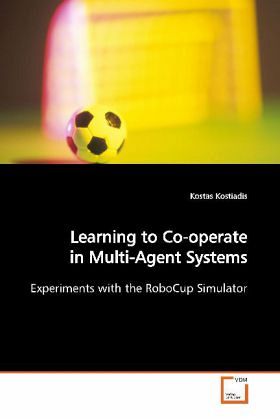
Learning to Co-operate in Multi-Agent Systems
Experiments with the RoboCup Simulator
Versandkostenfrei!
Versandfertig in 6-10 Tagen
39,99 €
inkl. MwSt.

PAYBACK Punkte
20 °P sammeln!
In recent years, two major areas of computer sciencehave started converging. Artificial intelligenceresearch is moving towards realistic domainsrequiring real-time responses, and real-time systemsare moving towards more complex applicationsrequiring intelligent behaviour. This book addressesthe question of whether agents can learn to becomeindividually skilled and also learn to co-operate inthe presence of both teammates and adversaries in acomplex, real-time, noisy environment with nocommunication.To answer this question this work starts bypresenting a multi-threaded agent architecturecapable...
In recent years, two major areas of computer science
have started converging. Artificial intelligence
research is moving towards realistic domains
requiring real-time responses, and real-time systems
are moving towards more complex applications
requiring intelligent behaviour. This book addresses
the question of whether agents can learn to become
individually skilled and also learn to co-operate in
the presence of both teammates and adversaries in a
complex, real-time, noisy environment with no
communication.
To answer this question this work starts by
presenting a multi-threaded agent architecture
capable of dealing with the logical and timing
challenges of such an environment. The decision
making process is broken down into simple modules
that link together an agent s perception to its
actions. The book demonstrates how a sparse
distributed memory model can be used as a
generalisation component for tasks that involve large
state spaces. It further demonstrates how
reinforcement learning can be linked to such a memory
model and produce intelligent action. Experimental
results demonstrate how a learned policy can
outperform fixed, hand-coded ones.
have started converging. Artificial intelligence
research is moving towards realistic domains
requiring real-time responses, and real-time systems
are moving towards more complex applications
requiring intelligent behaviour. This book addresses
the question of whether agents can learn to become
individually skilled and also learn to co-operate in
the presence of both teammates and adversaries in a
complex, real-time, noisy environment with no
communication.
To answer this question this work starts by
presenting a multi-threaded agent architecture
capable of dealing with the logical and timing
challenges of such an environment. The decision
making process is broken down into simple modules
that link together an agent s perception to its
actions. The book demonstrates how a sparse
distributed memory model can be used as a
generalisation component for tasks that involve large
state spaces. It further demonstrates how
reinforcement learning can be linked to such a memory
model and produce intelligent action. Experimental
results demonstrate how a learned policy can
outperform fixed, hand-coded ones.



